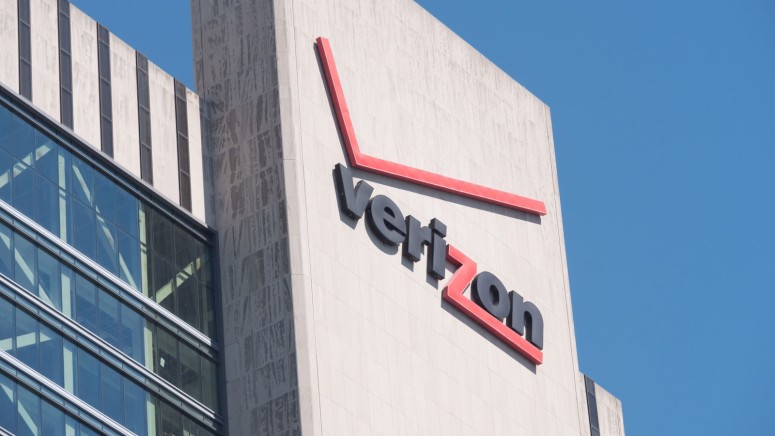
Verizon Recalls 2.5 Million Hotspot Devices Due to Li-Ion Battery Fire Risks
- Verizon received multiple reports about some of its hotspots catching fire, so it’s now recalling 2.5 million of them.
- The problem remains undefined, so it could be wrong use or poor heat management and/or dissipation.
- People using the affected models should return them to Verizon immediately, even if they have to stay offline for a while.
This is maybe the worst time to recall millions of hotspot devices, but Verizon just has to do it as the fire and burning hazard risks involved are too severe to ignore. The devices that will have to be returned to Verizon are the “Ellipsis” and the “Jetpack” mobile hotspots (models MHS900L, MHS900LS and MHS900LPP) sold to consumers between April 2017 and March 2021.
According to the relevant announcement, Verizon received multiple reports about the lithium-ion batteries in these devices overheating and eventually erupting in a fire. The exact cause of this hasn’t been determined, but until the investigation is concluded, users of the aforementioned models are urged to return them to Verizon immediately. For more information on the return process, visit ellipsisjetpackrecall.expertinquiry.com or call 855-205-2627.
In general, the following advice is given to all hotspot users to minimize the chances of dealing with fire hazards:
- Use only approved charging cables, including the cable provided.
- When not in use, power down/turn off your device.
- Place your device on a flat, solid, and sturdy surface, such as a floor or table.
- Ensure your device is not covered for proper ventilation.
- Keep devices near room temperature when in use.
- Do not expose the units to extreme temperatures for extended periods of time.
- Do not expose the unit or its battery to water or other liquids.
- Do not drop the units, and do not insert foreign objects into the battery or unit.
As expected, those who return their Ellipsis and Jetpack hotpots to Verizon will receive replacement devices that are safer, free of charge. However, this may take a while, especially considering the massive volume (2.5 million) and the shortages that have affected all corners of the industry. Still, if you are using one of the affected models, you are advised to put your safety above everything else and send it to Verizon, even if that means having to stay offline for some time.
Already, there have been 15 incidents involving a Verizon hotspot getting hotter than it should have, six caught fire which spread to the bedding and/or floor, and two involved minor burn injuries. As such, you should take the matter seriously and act responsibly.






